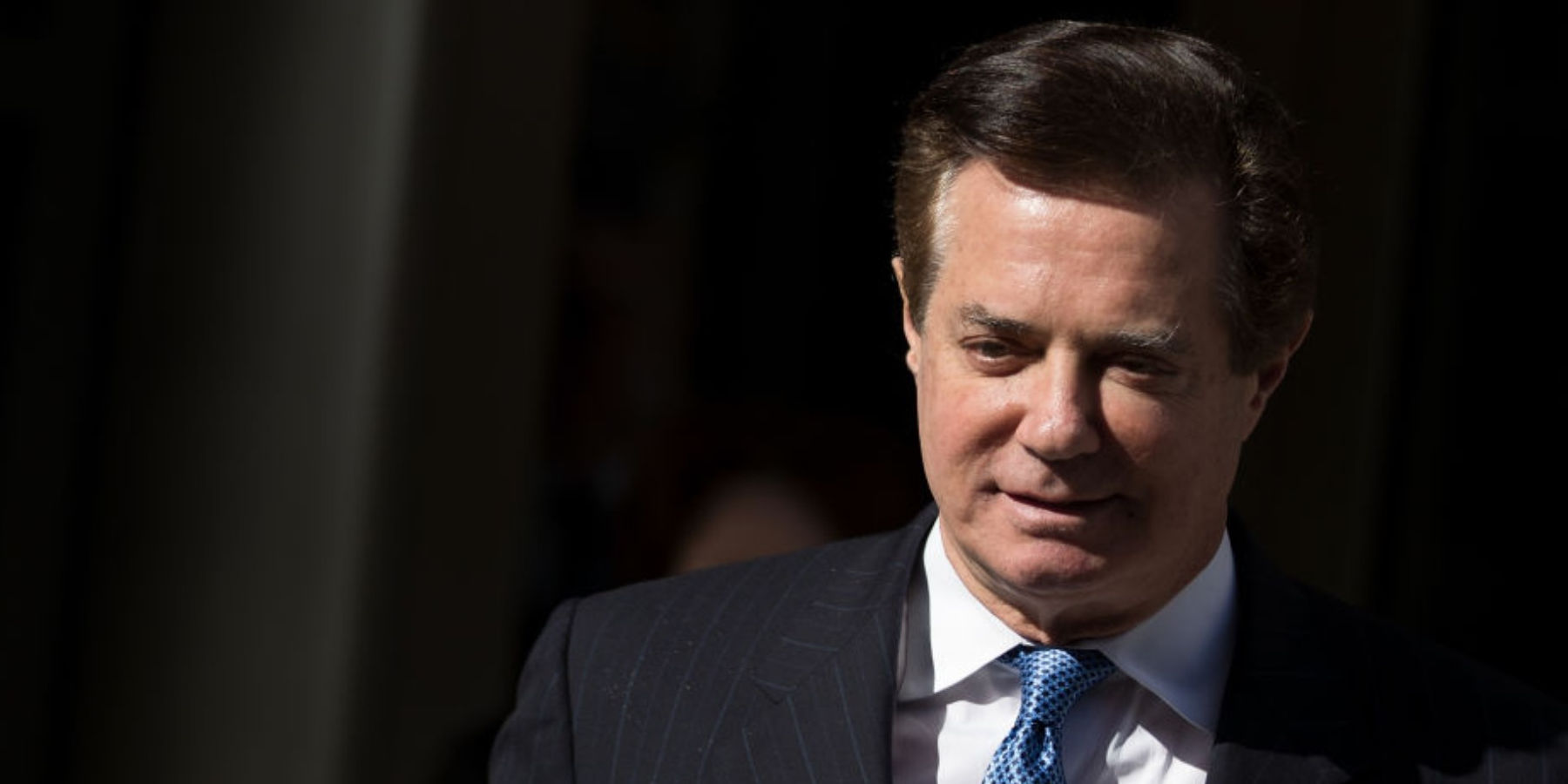- The defense in the high-stakes criminal case against Paul Manafort rested on Tuesday without calling any witnesses.
- Manafort also did not take the stand.
- Legal experts say it’s not an unusual move.
- “It is hard in a case like this for the defense to find witnesses to dispute the essential facts proven by the prosecution,” said one Justice Department veteran.
Sign up for the latest Russia investigation updates here»
The defense in the Paul Manafort criminal trial rested its case Tuesday without calling any witnesses.
Manafort has pleaded not guilty to 18 counts in Virginia related to tax fraud, bank fraud, and failure to report foreign bank accounts. He was indicted as part of the special counsel Robert Mueller’s investigation into Russia’s interference in the 2016 presidential election.
Manafort’s lead defense lawyer, Kevin Downing, said Tuesday that his client was choosing to let the case go to the jury because he and his attorneys “do not believe that the government has met its burden of proof.”
Specifically, the defense said the prosecution failed to show that one of the banks Manafort is accused of defrauding relied on false information. They also said, more broadly, that the government had not proven that Manafort acted intentionally to commit the alleged crimes.
It's not unusual for the defense to rest without calling any witnesses, particularly in white collar cases, legal experts say.
Alex Whiting, a former federal prosecutor in Boston and Washington, DC, said that's doubly true in a case like Manafort's.
"It is hard in a case like this for the defense to find witnesses to dispute the essential facts proven by the prosecution," Whiting said. "Therefore the defense will often not call witnesses in order to keep the focus on their challenges to the prosecution's case. So not calling witnesses is part necessity and part strategy."
The prosecution paraded out over a dozen witnesses over the last two weeks to lay out their case that Manafort, with the help of his former right-hand man Rick Gates, engaged in a years-long tax and bank fraud scheme to line his pockets.
Gates was initially a codefendant with Manafort, but he struck a plea deal with prosecutors in February. He was the government's star witness in the Manafort trial and his testimony spanned more than two days.
'All the defense counsel can do is point at someone else as the culprit'

The key pillar of Manafort's defense was to pin the blame on Gates while painting Manafort as a fall guy.
Experts said the defense also likely had limited options when it came to calling witnesses to the stand.
"Sometimes you get a character witness, but those would be hard to find and would open the door to cross-examination," said Jeffrey Cramer, a longtime former federal prosecutor who spent 12 years at the Justice Department.
Robert Weisberg, co-director of the Stanford University Criminal Justice Center, echoed that view.
"In very broad terms, you can imagine three kinds of defense witnesses in a criminal case," he told The Washington Post. "One would be witnesses who offer testimony that the criminal acts never occurred. Two, witnesses who would testify as to the good character of the defendant. Third, witnesses who say the criminal acts occurred but someone else did them."
Weisberg said the first type of witness is unlikely given the lengthy paper trail prosecutors presented to document Manafort's alleged crimes. He added that the second type of witness is also likely a lost cause because it would be difficult to convince the jury of Manafort's good character.
But Manafort's defense team may have had some luck with the third case, given Gates' testimony, Weisberg said.
Gates pleaded guilty in February to lying to the FBI. While testifying in Manafort's trial, he also admitted to committing crimes with Manafort, embezzling money from his former boss, and having a secret affair over a decade ago.
The defense latched onto Gates' testimony, arguing that he was testifying against Manafort to save his own skin. Manafort's lawyers also sought to discredit him while he was on the stand.
At one point last week, Downing asked Gates: "After all the lies you've told, you expect this jury to believe you?"
"Yes," Gates replied. He added that he was "here to tell the truth" and to take responsibility for his actions.
"All the defense counsel can do is point at someone else as the culprit," Cramer said. "Gates allows them to do that."
Renato Mariotti, a former federal prosecutor in Chicago, said Tuesday that it was a "smart move" for the defense to rest without calling any witnesses. "Putting on just a witness or two can seem weak in the face of overwhelming evidence from the prosecution," he wrote.
Separately, Cramer also noted that the defense only needs its argument to resonate with one juror for Manafort to be let off the hook.
But even then, experts say it's an uphill battle for Manafort.
"Bottom line is that Manafort, with Gates' help, did set up over a dozen offshore companies," Cramer said. "They did funnel money from those entities to pay for Manafort's lifestyle. Manafort never declared the income. Manafort submitted false documents to banks and others to hide the fact that he was broke. Hard to dispute those facts."
On Tuesday, US District Judge T.S. Ellis III asked Manafort if he wanted to take the stand.
"No, sir," Manafort replied.

